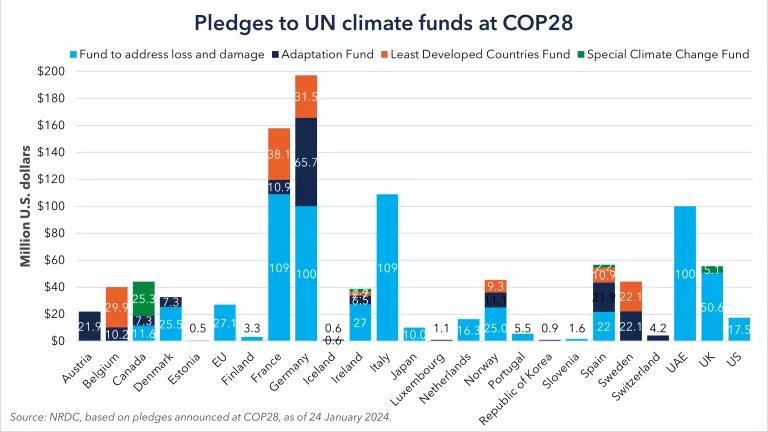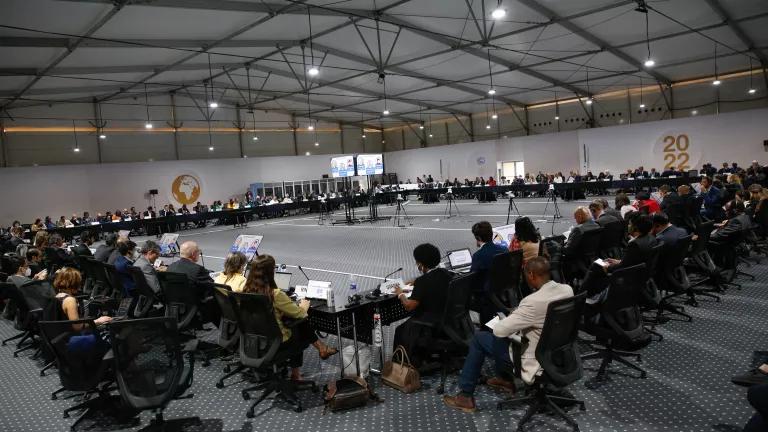Chile
UNESCO made Chile’s “Corredor Biológico Nevados de Chillán y Laguna del Laja” one of its Biosphere Reserves for having an important variety of endemic species. The international body noted that the area, located in the Bío-Bío Region, contains a variety of native tree species in its temperate forests, as well as a small population of the endangered huemul, an Andean deer and national symbol of Chile. (La Tercera 6/30/2011)
HidroAysén, the controversial hydroelectric project planned in the Patagonia, confirmed that it would delay the submission of the environmental impact assessment for the 1200 mile-long transmission line until March 2012. The company had previously said it would submit the assessment in the end of 2011. Also this week, the company appealed 20% of the 104 conditions attached to the environmental approval it received in early May for the dam complex. Daniel Fernandez, Executive VP of HidroAysén, said that “some of the imposed conditions are not strictly environmental, others don’t achieve the environmental benefits that the environmental authority hopes for, or they impose terms or demands for their execution that are not environmentally justified…” (La Tercera 6/28/2011; El Mercurio 6/30/2011)
A 250 MW solar power plant, planned in the northern desert area of Iquique, received its environmental approval after a five month review process. When completed, the plant will cover 1,128 hectares and use almost three million solar panels, making it one of the largest solar plants in the world. (Electricidad Interamericana 7/1/2011)
Costa Rica
The Costa Rican government launched a plan to promote a sustainable model for pineapple production. The project, which will be lead by the Ministry of Environment and Energy, the Ministry of Agriculture and the UN Development Program, will seek input from all sectors related to agricultural production. (El Financiero 6/27/2011)
Costa Rica’s Legislative Assembly has finally approved a $19 million loan from the Inter-American Development Bank to promote tourism in protected areas which appeared stalled amid concerns about the $2 million destined for consulting. The loan now only awaits President Chinchilla’s approval. (La Nacion 6/27/2011)
Costa Rica’s Legislative Assembly approved legal reforms to the 1998 law on marina concessions and operation. The primary objectives of the new law include cutting the concession process down to twelve months and expanding the duration of concessions from 20 to 35 years. In addition, the new law addresses environmental and legal loopholes, such as requiring that new projects have an environmental assessment prior to receiving a concession. Oscar Villalobos, director of the Comision Interinstitucional de Marinas y Atracaderos, believes that the new law will allow some of the nine marinas currently seeking concessions to begin construction within the next two years. (El Financiero 6/28/2011)
Under an agreement with the IUCN some bus companies in Costa Rica are seeking to increase fuel efficiency by switching to biodiesel and other alternative fuels. The agreement with IUCN focuses on training drivers in efficient driving, managing solid waste, and improving mobility including redesigning routes and modifying infrastructure. (El Financiero 6/30/2011)
Mexico
Mexico faces the challenge of dealing with the 300 thousands tons of electronic waste generated last year. This kind of waste increased between three and five percent last year, which is three or four times faster than municipal solid waste, according to the head of the Ministry of Environment and Natural Resources (SEMARNAT), Rafael Elvira Quesada. (Informador 6/27/2011)
A delegation of the Ministry of Environment and Natural Resources (SEMARNAT) in Quintana Roo raised the possibility that additional construction in Cancun will end. The head of the agency, Gabriela Lima Laurents, said that a thorough study was needed to determine the real capacity of the ecosystem and the services and infrastructure of the most important tourist center of Mexico and the Caribbean. ( El Universal 6/30/2011)
Environmentalists belonging to the Guerrerense Bureau for the Care, Protection and Research of Sea Turtles (MGCPTM) presented a formal complaint to the Federal Attorney for Environmental Protection (Profepa) against the construction of a dock in the beach area of the Diamond zone of this port. The president of the MGCPTM, Victor Manuel Ramirez Verdejo, warned that this project would affect the annual arrival of 300 ridley and leatherback sea turtles. (La Jornada 6/30/ 2011)



